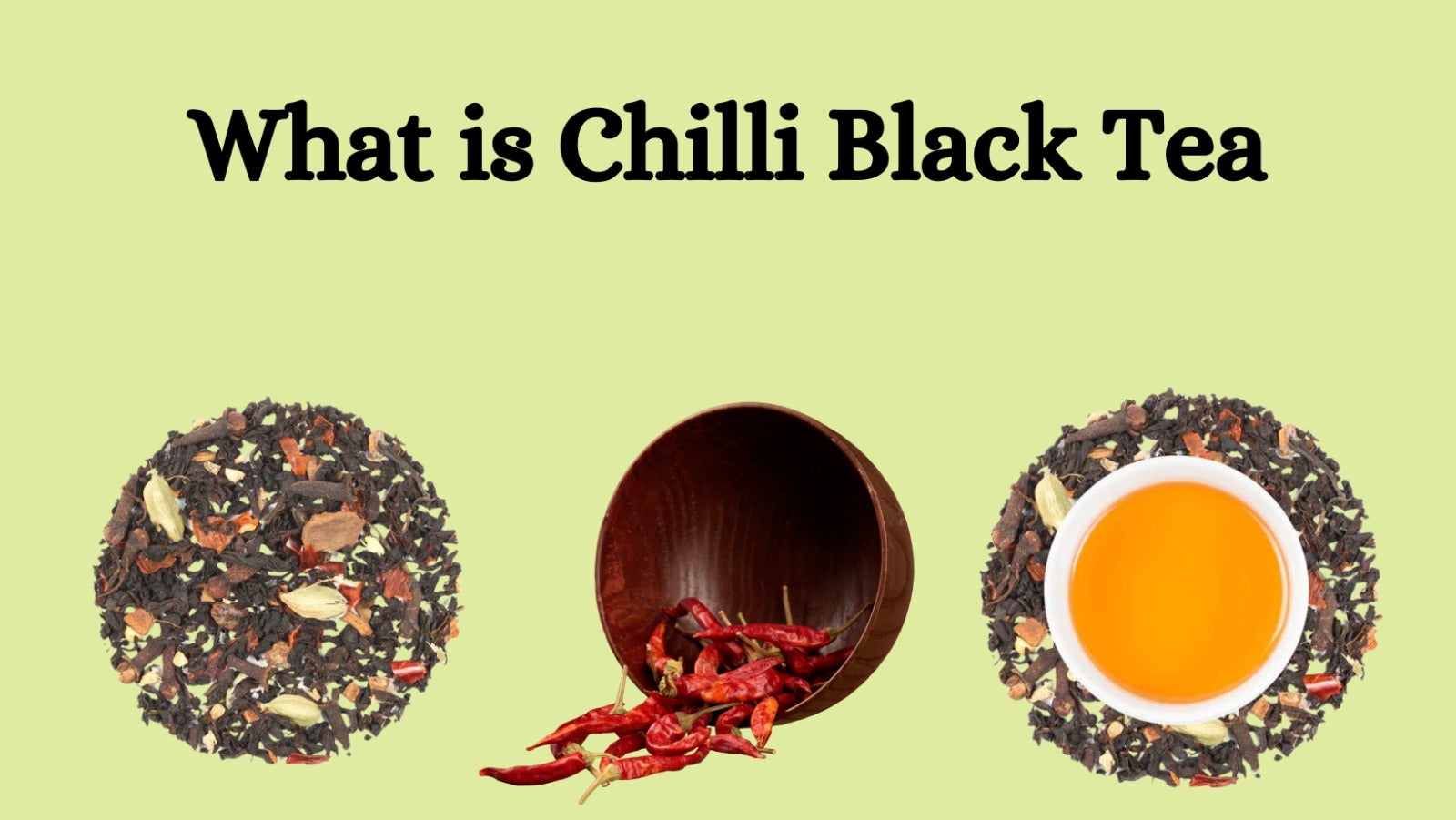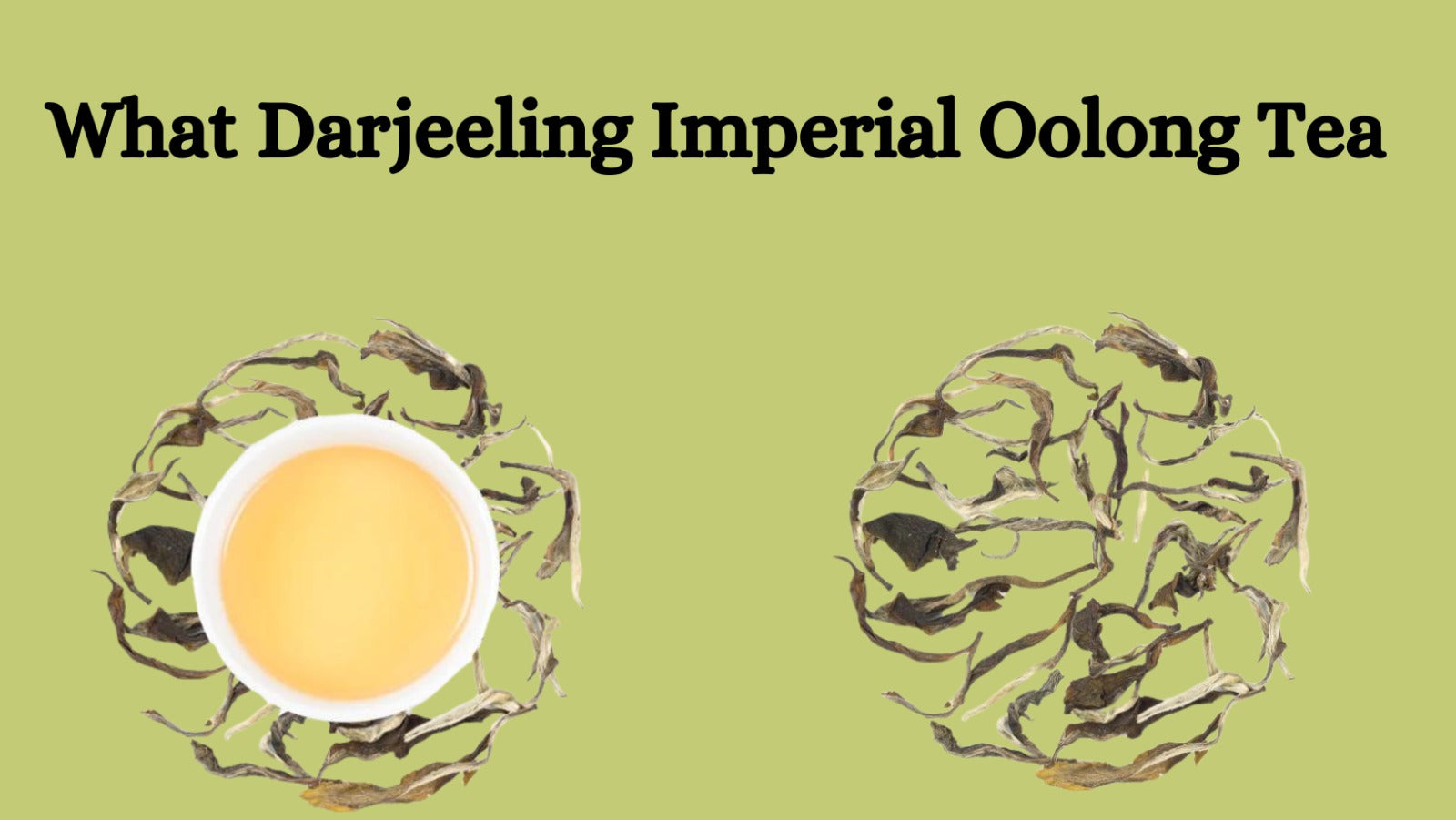In today's fast-paced world, many people rely on caffeine to get through the day. But did you know that tea offers more than just a caffeine kick? In this article, we will explore the four stimulants found in tea that can provide you with a natural energy boost.
Tea, a beloved beverage worldwide, contains not only caffeine but also other natural stimulants that can enhance focus, improve mood, and increase alertness. These stimulants include theophylline, theobromine, L-theanine, and caffeine. Each stimulant has its unique effects on the body and mind, making tea a versatile and appealing choice for those seeking an alternative to coffee or energy drinks.
Theophylline, for instance, can act as a bronchodilator and improve respiratory function, while L-theanine promotes relaxation and mental clarity. Theobromine, commonly associated with chocolate, can boost mood and enhance cognitive function.
So, if you're looking to go beyond just caffeine and explore the varied stimulants in tea, join us as we discover the endless possibilities and benefits of these natural energizers.
Caffeine - the most well-known stimulant in tea
Caffeine, the most well-known stimulant in tea, is responsible for the initial burst of energy and alertness that many people seek. It stimulates the central nervous system, increasing wakefulness and concentration. However, unlike the caffeine in coffee, the caffeine in tea is released more slowly, providing a more sustained and balanced energy boost.
While caffeine is often associated with negative effects like jitters and crashes, it can also have positive impacts on cognitive function, mood, and metabolism. In moderation, it can enhance focus, improve mood, and even aid in weight loss. It's important to note that the caffeine content in tea varies depending on the type and preparation method, so it's crucial to choose the right tea to suit your desired stimulant effect.
Theobromine - the stimulant responsible for the feel-good effects of tea
Theobromine, a stimulant found in tea, is responsible for the feel-good effects often associated with consuming this beverage. It's most commonly known for its presence in chocolate, but it's also found in varying quantities in different types of tea. Theobromine acts as a mild stimulant, promoting well-being and relaxation.
In addition to its mood-enhancing properties, theobromine also has other benefits for the body. It can help to lower blood pressure, improve blood flow, and even have a positive impact on dental health. When combined with the other stimulants in tea, theobromine contributes to the overall energy-boosting effects of this versatile beverage.
L-theanine: the amino acid that enhances relaxation and focus
L-theanine, an amino acid found in tea, is known for its ability to promote relaxation and mental clarity. It's often credited with providing tea drinkers with a sense of calm alertness, without the jittery feeling that can come from consuming caffeine alone. Research has demonstrated that L-theanine boosts alpha brain waves, linked to a state of both relaxation and heightened focus.
The combination of L-theanine and caffeine in tea is particularly interesting. While caffeine provides the initial energy boost, L-theanine helps to smooth out the effects, promoting a more balanced and sustained level of alertness. This unique combination is one of the reasons why tea can provide a different experience than other caffeinated beverages.
Theophylline - the stimulant with bronchodilator effects
Theophylline, a stimulant found in tea, offers more than just an energy boost. It also acts as a bronchodilator, helping to improve respiratory function. This makes it particularly beneficial for those with respiratory conditions such as asthma or chronic obstructive pulmonary disease (COPD).
By dilating the airways, theophylline can help to alleviate symptoms like wheezing, shortness of breath, and chest tightness. It works by relaxing the smooth muscles in the air passages, allowing for easier breathing. While theophylline is present in smaller amounts compared to caffeine in tea, its bronchodilator effects make it an appealing choice for those looking for a natural remedy for respiratory issues.
Health benefits of consuming tea stimulants
The stimulants found in tea offer more than just an energy boost. They also come with various health benefits that make tea a valuable addition to a balanced lifestyle. From improving cardiovascular health to boosting brain function, the stimulants in tea have been linked to various positive outcomes.
For example, the caffeine in tea has been associated with a reduced risk of heart disease, stroke, and certain types of cancer. It can also help to improve mental performance, memory, and reaction time. Theobromine, on the other hand, has been shown to have antioxidant properties and may contribute to better heart health.
L-theanine has been studied for its potential benefits in reducing anxiety and stress, while theophylline's bronchodilator effects make it a useful tool for managing respiratory conditions. By incorporating tea into your daily routine, you can not only enjoy a natural energy boost but also support your overall well-being.
Different types of tea and their stimulant profiles
Not all teas are created equal when it comes to stimulant content. Different types of tea, such as green, black, white, and herbal teas, have varying levels of caffeine and other stimulants. Understanding the stimulant profiles of different teas can help you choose the right one to suit your needs and preferences.
Green tea, for example, is known for its high levels of L-theanine, which contribute to its calming effects. It also contains caffeine, albeit in lower amounts compared to black tea. Black tea, on the other hand, has higher caffeine content but lower levels of L-theanine. Herbal teas, such as chamomile or peppermint, are typically caffeine-free but can still provide other health benefits.
By familiarizing yourself with the stimulant profiles of different teas, you can tailor your tea-drinking experience to achieve your desired effects. Whether you're looking for a gentle energy boost or a calming cup to unwind, there's tea out there for everyone.
How to choose the right tea for your desired stimulant effect
Choosing the right tea for your desired stimulant effect requires a bit of knowledge and experimentation. It's important to consider factors such as caffeine content, theobromine levels, and the presence of other stimulants like L-theanine or theophylline.
If you're looking for a strong energy boost, black tea or certain varieties of green tea may be your best bet. These teas have higher caffeine content, providing a more stimulating effect. On the other hand, if you're seeking a more calming and focused experience, opt for green teas with higher levels of L-theanine.
Herbal teas are a great caffeine-free alternative for those who are sensitive to stimulants or prefer to avoid them altogether. They offer a wide range of flavors and health benefits without the energizing effects of caffeine. Experimenting with different teas and paying attention to how your body reacts can help you find the perfect cup to suit your needs.
Tips for maximizing the benefits of tea stimulants
To maximize the benefits of tea stimulants, there are a few tips and tricks you can keep in mind. First and foremost, it's important to brew your tea correctly to ensure you extract the optimal amount of stimulants. Follow the recommended steeping times and water temperatures for each type of tea to achieve the desired results.
Additionally, pairing tea with certain foods can enhance its effects. For example, enjoying a cup of green tea with a small snack rich in antioxidants can boost the antioxidant properties of the tea. Similarly, combining tea with foods that contain healthy fats can help to increase the absorption of certain stimulants.
Finally, it's important to listen to your body and consume tea in moderation. While tea stimulants can offer a range of benefits, excessive consumption can lead to negative effects like restlessness, sleep disturbances, or increased heart rate. Find a balance that works for you and enjoy tea as part of a balanced and healthy lifestyle.
Conclusion and final thoughts
Tea is more than just a source of caffeine; it offers a diverse array of natural stimulants that can provide an alternative to coffee or energy drinks. From theophylline's bronchodilator effects to L-theanine's relaxation-promoting properties, tea stimulants have a range of benefits for both the body and mind.
By understanding the different stimulants found in tea and their effects, you can choose the right tea to suit your desired stimulant effect. Whether you're looking for an energy boost, a calming cup to unwind, or a natural remedy for respiratory conditions, tea has something to offer.
So, the next time you reach for a cup of tea, go beyond just caffeine and explore the endless possibilities and benefits of these natural energizers.




